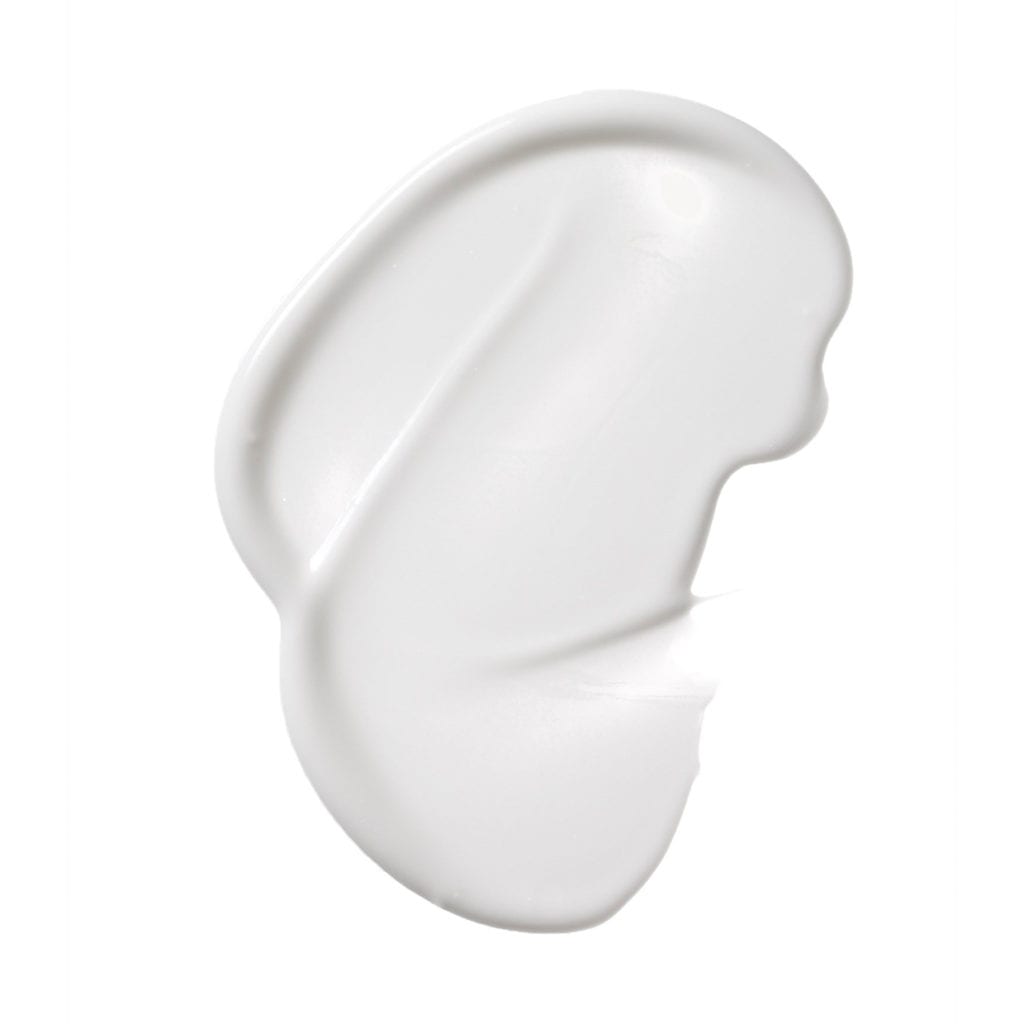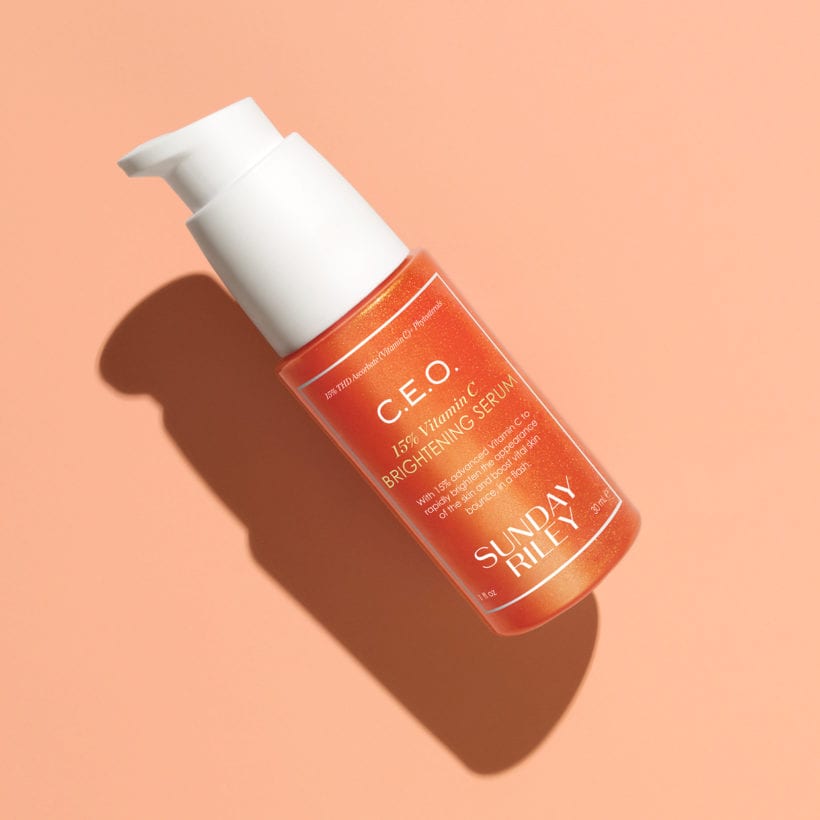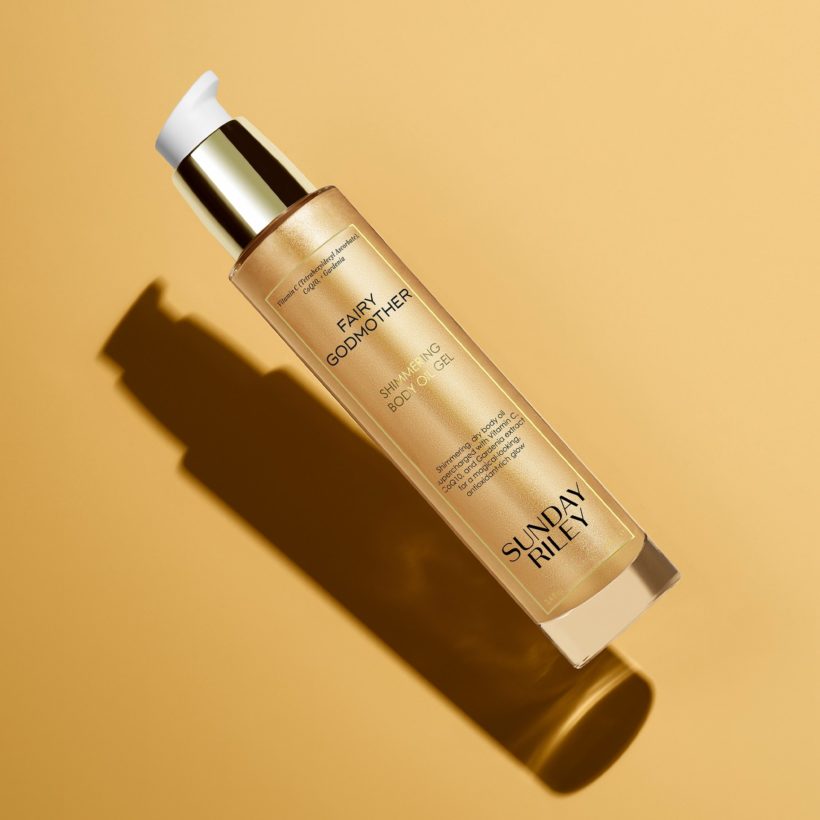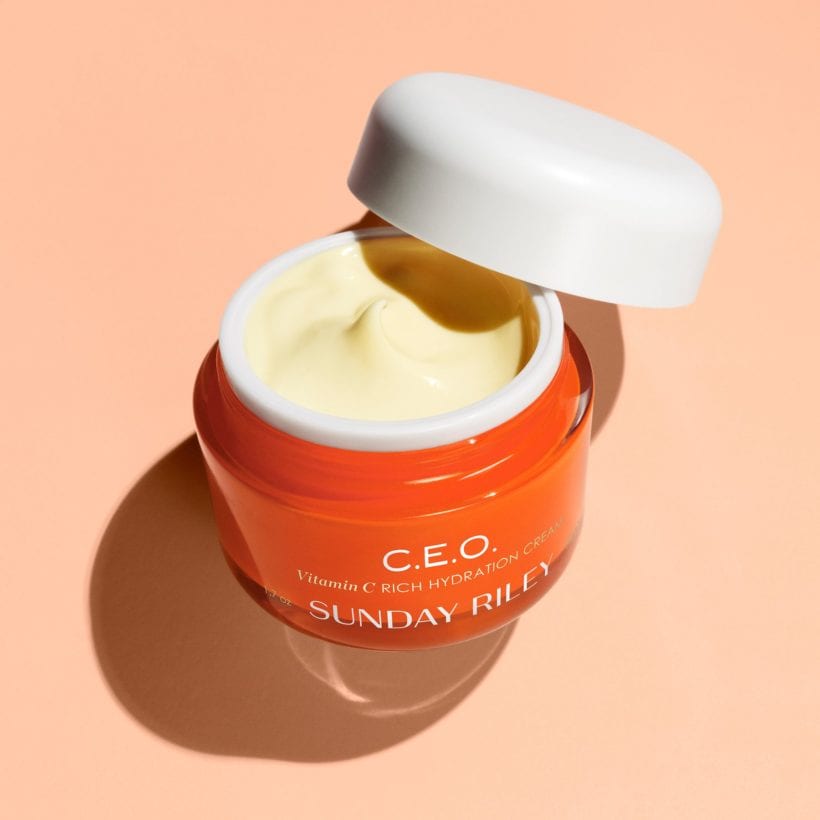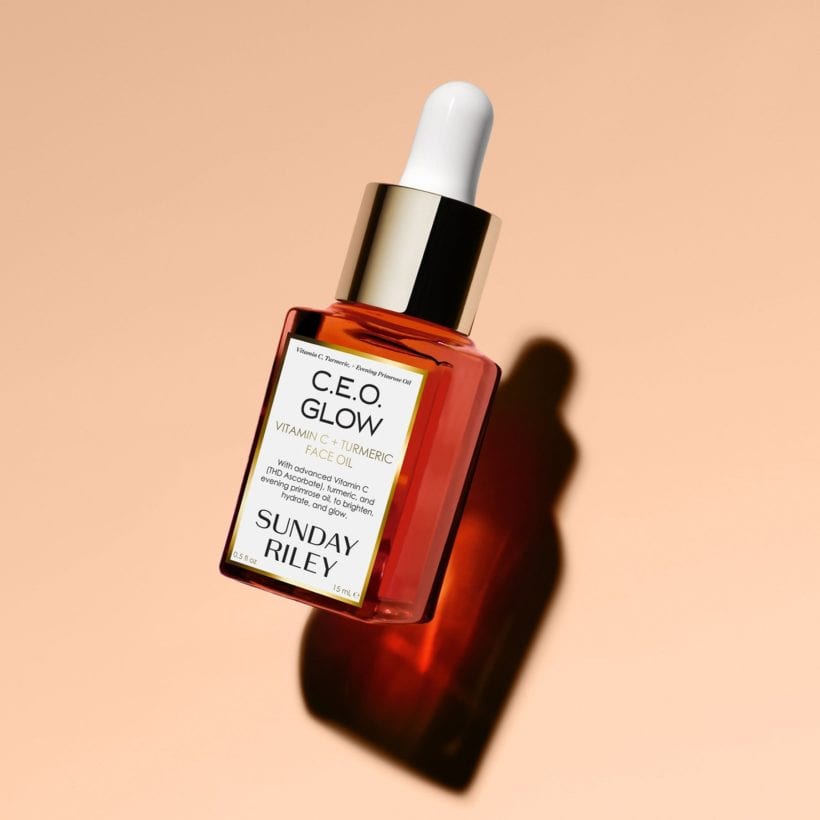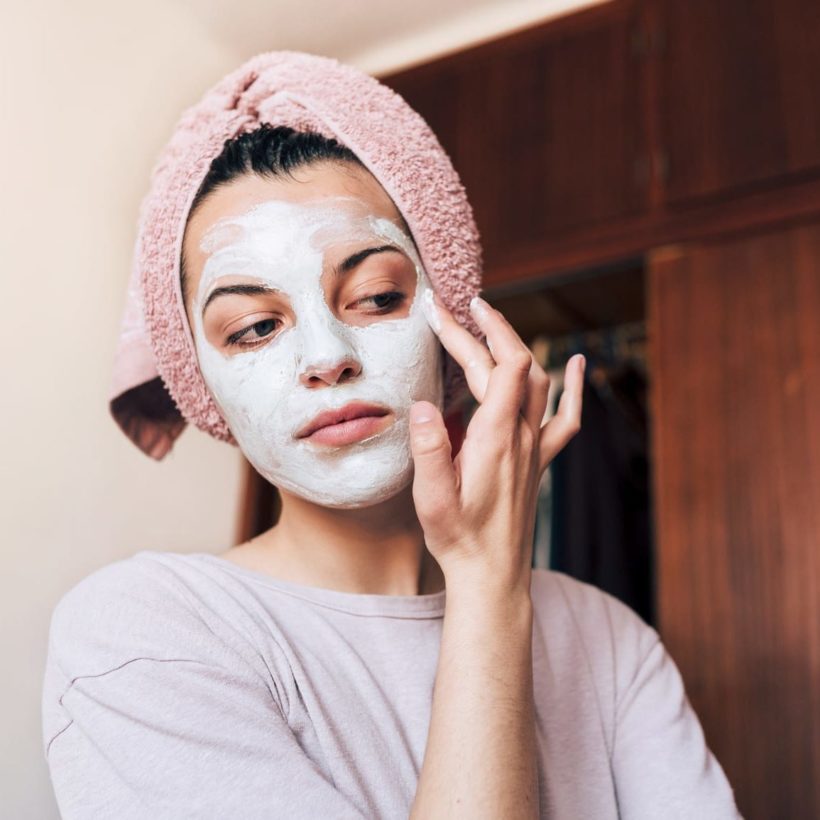When most of us think about vitamin C, we think of oranges and a boosted immune system, but there’s far more to this vitamin and powerful antioxidant than meets the eye. In fact, vitamin C is one of the top ingredients in skincare — and for good reason.
As an antioxidant, vitamin C helps control free radical damage from environmental pollution and most importantly, from the sun’s UV radiation, which can lead to skin cancer, age spots, skin dullness, and wrinkles, explains Carin Litani, MD, dermatologist and fellowship-trained Mohs surgeon in Wellesley, Massachusetts. “Topical application of vitamin C also plays a role in building and preventing the breakdown of collagen in the skin,” she says. “Other roles of vitamin C in skin health include skin depigmentation or fading of dark spots by inhibiting tyrosinase; and regeneration of Vitamin E in the skin which further boosts protection against sun damage and aging.”
Although vitamin C can be found naturally in fruits and vegetables, it can also be created synthetically which is how it is incorporated into the skincare products we use. “The purest form of vitamin C is known as L-ascorbic acid, but there are other derivatives including Tetrahexyldecyl Ascorbate, sodium ascorbyl phosphate, ascorbyl palmitate and more,” explains Marisa Garshick, MD, a board-certified dermatologist at Medical Dermatology & Cosmetic Surgery (MDCS) in New York. “Vitamin C is commonly available in serums or cream formulations but importantly, because it is unstable (it will depend on the type), it may be paired with other ingredients to help make it more stable and therefore, more effective.”
The use of vitamin C in skincare is nothing new, but it is becoming increasingly in-demand thanks to its usefulness in regards to fighting free radicals, sun protection, fading dark spots and building collagen. As a Mohs surgeon as well as a cosmetic dermatologist, Dr. Litani encourages all her patients, no matter their age, to use vitamin C under their sunscreen for additional protection against harmful UV radiation from sun exposure.
Unfortunately, however, there are a lot of myths floating around about vitamin C that are unfounded. Although it has shown to be effective in addressing certain skin concerns, Brendan Camp, MD, a Manhattan-based dermatologist at MDCS Dermatology, points out that no skincare ingredient is a panacea. In other words, even vitamin C has its limits.
To make sure you’re not fooled by one of the vitamin C myths you might hear from a friend or see on social media, we reached out to the experts to debunk the most common ones and to shed light on the actual truths.
Vitamin C can act as a sunscreen
While it’s true that vitamin C can help protect against the sun’s UV rays, it is not — and should not be used as —sunscreen. “Vitamin C scavenges those free radicals that get through the sunscreen filter, but remember, sunscreen is a filter; it’s not an umbrella,” says Dr. Litani. Instead, she recommends thinking about vitamin C and sunscreen as best friends who back each other up but should be used together.
You can only use vitamin C in the morning
Dr. Litani encourages her patients to use their vitamin C in the morning because it can work together with sunscreen to help protect against UV damage and skin pigmentation. However, she notes that using it at night has its anti-aging benefits too, including promoting collagen production to improve skin tone and texture and helping fade dark spots. “Use it whenever you want, just be consistent and do not let your product sit on the shelf and break down,” she says.
The higher the percentage of vitamin C the better
Just as with retinol, the more potent a skincare ingredient is, does not always mean it’s going to yield the kind of results you’re looking for. As Dr. Litani points out, skincare is not one size fits all. “Some of us can be sensitive to higher percentages of vitamin C,” she says. She recommends starting low if you have sensitive skin or trying a gentler formulation.
Vitamin C lasts a while on the shelf
Even though a vitamin C-rich skincare product might still smell good after 6 months or so, it’s very likely that it is not. In fact, vitamin C is considered unstable, meaning it can easily lose its efficacy if it oxidizes, or turns brown, notes Dr. Garshick. “It is best to use products that come in opaque packaging and to store it in a cool, dark environment to prevent oxidation,” she says. “While it’s still safe to use once it turns brown, it may no longer be as effective.” Some of the products like C.E.O 15% Vitamin C Brightening Serum are good for 3 years sitting on the shelf.
All vitamin C treatments are the same
“A lot of science and research goes into finding a formulation that is stable and effective,” says Dr. Garshick. “Therefore, it is important to take this into account when choosing a vitamin C product and be sure to trust the company and formulation you are using.” If you’re not sure that the vitamin C-containing skincare product you are using is effective and high-quality, consider asking your board-certified dermatologist.
You can make your own vitamin C skin care product
Trying to extract your own vitamin C by putting lemon or another citrus juice on your face is a major no-no, according to Dr. Litani. “This can cause phytophotodermatitis which is a painful rash-like reaction that can ultimately cause blistering of the skin and delayed streaky hyperpigmentation when the juice on the skin is exposed to sunlight,” she says. “It’s one thing if your lemon drips on your wrist when mixing or drinking a beverage and another when your whole face breaks out in a crazy rash with resulting dark spots.”

